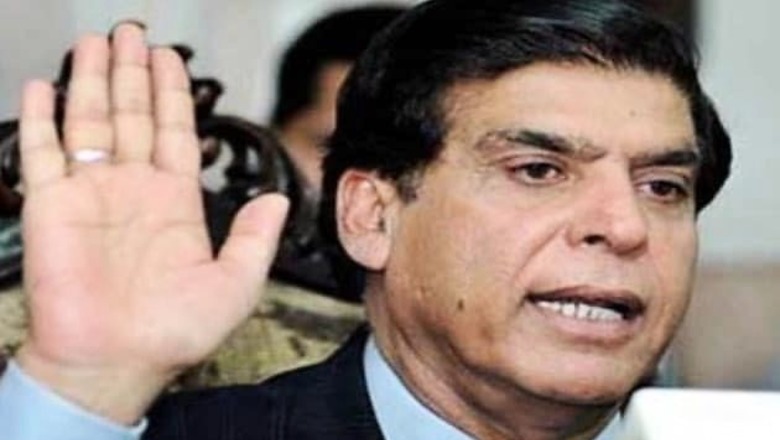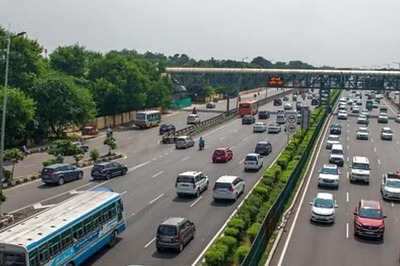
views
Islamabad: Pakistan is facing a political crisis as its Prime Minister Raja Pervez Ashraf could be arrested for corruption in power projects following a Supreme Court order. The Supreme Court gave the police 24 hours to arrest the Prime Minister and 15 others in the corruption case.
The 62-year-old Raja Pervez Ashraf has been accused of allegedly receiving bribes in the Rental Power Projects (RPPs) case as federal minister for water and power. He had became the Prime Minister after Yousuf Raza Gilani was forced to quit in June 2012.
Gilani was forced to quit in the midst of a raging battle with the Supreme court over his refusal to write to Swiss authorities to reopen graft cases against President Asif Ali Zardari there. After Ashraf assumed power, the government wrote to Swiss authorities.
It is not clear as to what will be the political fallout of the Supreme Court's order against Ashraf as this is probably the first case of an incumbent Prime Minister being ordered to be arrested in a corruption case. It remains to be seen whether the ruling PPP will elect a new leader to replace Ashraf.
In March 2012, the Supreme Court had declared all contracts signed by the government for "rental power plants" as illegal and directed authorities to take legal action against those responsible for clearing the projects, including Ashraf.
The National Accountability Bureau (NAB), the country's main anti-corruption agency, had so far refused to act on the court's directive. During today's hearing, the bench issued a notice for contempt of court to NAB chief Fasih Bukhari.
Pakistan is scheduled to elect a new national assembly in a few months. The Supreme Court also said that the general elections will be held on time and added that the Election Commission should be ready for the exercise.
An influential cleric Tahir-ul-Qadri, who heads the Tehrik Minhaj-ul-Quran, marched into Jinnah Avenue in the heart of Islamabad with tens of thousands of supporters and gave the government hours to quit and to dissolve the national and provincial assemblies.
He declared that he was leading a "people's democratic revolution". The cleric's party had signed an agreement with the Islamabad administration to hold a peaceful protest a few kilometres from the National Assembly, but the cleric surprised authorities by inciting his followers to remove barricades and move towards a square near parliament.
Qadri also incited policemen and paramilitary personnel to defy their officers, saying the officials would be removed by tomorrow. Pakistan's political circles have been surprised by the sudden re-emergence of Qadri, a Canadian national who has lived outside the country for the past seven years.
A fringe player in Pakistani politics who was involved in several controversies in the past, Qadri returned from abroad in December 2012 after his party ran a multi-million rupee advertisement campaign in newspapers and on television. Qadri subsequently addressed a large gathering at the Minar-e-Pakistan in Lahore on December 24 and gave the government time till January 10 to carry out electoral reforms.
At the time, he had warned he would march to Islamabad with his followers on January 14 and stage a sit-in till his demands were met. The ruling Pakistan People's Party, main opposition PML-N and other major parties have accused Qadri of acting a front for the security establishment and foreign elements to delay the general election scheduled to be held by May so that that the term of an interim administration can be prolonged.
(With additional information from PTI)




















Comments
0 comment